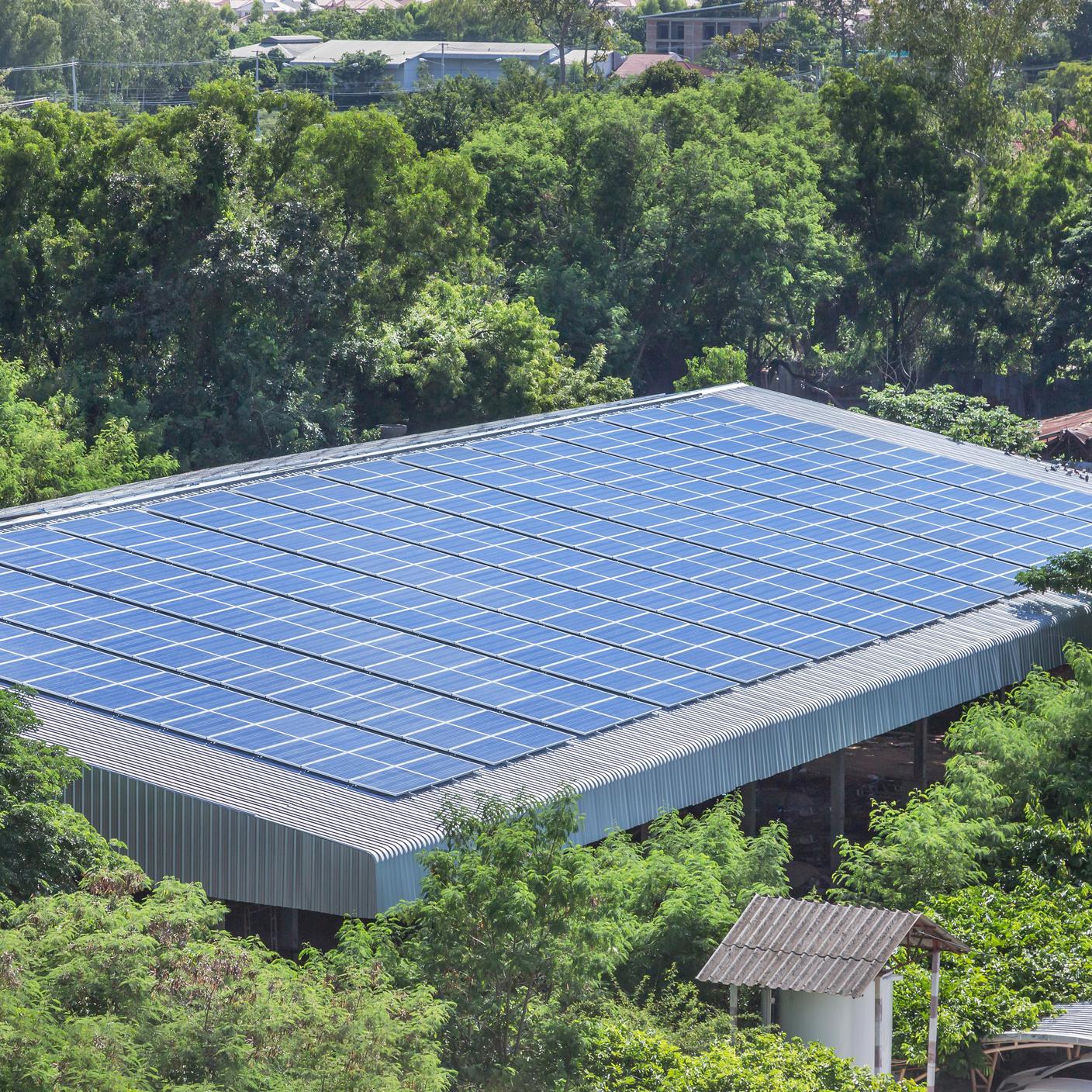PAS 2080:2023 is the internationally recognised specification for carbon management in buildings and infrastructure. It provides a consistent framework to measure, manage, and reduce carbon emissions across the entire project lifecycle — from design and procurement through to construction, operation, and eventual decommissioning.
The standard is relevant to all parts of the value chain, from contractors and consultants to product manufacturers, material suppliers, and asset owners. Its 2023 revision placed stronger emphasis on supply chain collaboration, lifecycle carbon reductions, and transparent data sharing, ensuring it reflects the realities of modern infrastructure delivery.
Why PAS 2080 matters now
The case for adopting PAS 2080 has never been stronger. National Highways has confirmed that from December 2025, all contractors and sub-contractors must implement PAS 2080 carbon management systems. This is more than a compliance requirement — it is reshaping how organisations bid for and deliver infrastructure projects.
Government policy also underlines its importance. PAS 2080 is recognised as a key tool in delivering the UK’s decarbonisation agenda and is referenced in major programmes across transport, energy, and the built environment. At the same time, client expectations are rising. More than £30 billion of UK infrastructure projects have already pledged to cut carbon, putting pressure on every tier of the supply chain to demonstrate robust management systems.
Implementation timeline: December 2025
By the end of 2025, PAS 2080 will effectively become a baseline requirement for working on National Highways projects. Other agencies are expected to follow, meaning adoption will soon be a condition for participation across much of the sector.
Organisations that move early will be better positioned to win contracts, manage risk, and build stronger client relationships. Delaying action could mean exclusion from critical opportunities or the need for rushed compliance measures that disrupt projects.
Preparing for compliance
Preparing for PAS 2080:2023 begins with understanding your organisation’s current approach to carbon management. A review of existing practices can highlight where processes align with the standard and where improvements are needed. From there, collaboration with supply chain partners becomes critical, since PAS 2080 places shared responsibility for carbon reduction at the heart of project delivery.
For many businesses, undertaking a readiness assessment can provide clarity on gaps and a clear roadmap to certification. Training and internal awareness also strengthen confidence and consistency, ensuring that teams at every level can put the principles of PAS 2080 into practice.
Partnering with BSI
As the UK’s national standards body and a trusted certification partner, BSI works alongside organisations preparing for PAS 2080. This includes readiness assessments, certification services, training programmes, and tailored guidance shaped to the specific role an organisation plays in the infrastructure value chain.
BSI has already partnered with leaders such as HS2 to embed PAS 2080 across their operations and supply chain, providing a benchmark for others to follow. Our collaborative approach supports clients in not only achieving compliance but also building long-term advantage by demonstrating their commitment to sustainable delivery.




